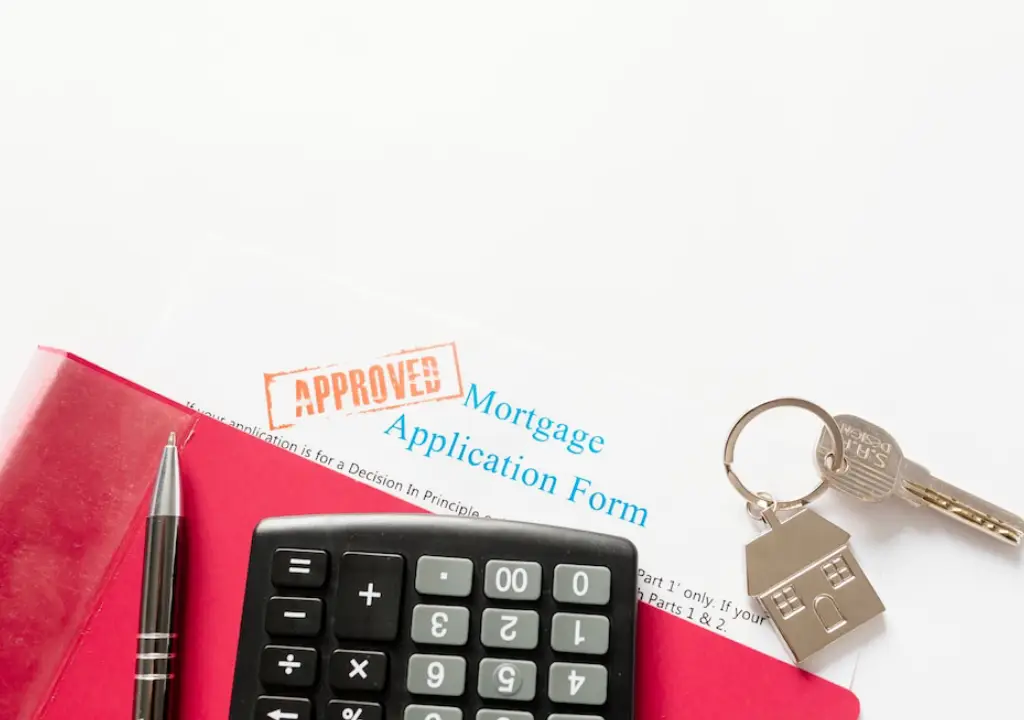A reverse mortgage is a financial arrangement designed to provide senior homeowners with a way to tap into the equity they have built up in their homes without the need to sell or move. It is a loan that allows homeowners aged 62 and older to convert a portion of their home’s equity into cash while continuing to live in their home. This financial tool can be particularly beneficial for retirees who have substantial home equity but limited income to cover their expenses.
What is a reverse mortgage?
A reverse mortgage is a financial arrangement for homeowners aged 62 and older to convert home equity into cash, without selling the property. It allows them to receive payments from the lender, which are based on their home’s value. The loan is repaid when they move, sell, or pass away.
How does a reverse mortgage work?
A reverse mortgage enables homeowners aged 62 and above to access home equity without selling. Lenders provide payments based on home value. No monthly repayments are needed, and the loan becomes due when homeowners move, sell the house, or pass away.
Types of Reverse Mortgage
There are three main types of reverse mortgages:
- Home Equity Conversion Mortgage (HECM): Insured by the government, it offers various payment options and is the most common.
- Proprietary Reverse Mortgage: Offered by private companies, it might have higher loan limits and flexible terms.
- Single-Purpose Reverse Mortgage: Provided by local governments and non-profits for specific needs like home repairs.
How do you pay back a reverse mortgage?
A reverse mortgage is repaid when you move out, sell the home, or pass away. The loan amount, accumulated interest, and fees are typically settled from the proceeds of the home sale.
Pros and Cons of A Reversal Mortgage
Pros of Reverse Mortgages
Supplemental Income: Provides financial support for seniors without selling their home.
No Monthly Payments: Unlike traditional loans, no monthly payments are required.
Flexible Payout Options: Offers choices like lump sum, installments, or line of credit.
Ownership Retained: Homeowners keep ownership of their property.
Cons of Reverse Mortgages
Accrued Interest: Interest and fees accumulate, potentially increasing the loan balance.
Loan Repayment: Loan must be repaid when moving or selling the home.
Costs: Upfront fees and closing costs can be substantial.
Impact on Inheritance: Loan balance may affect inheritance for heirs.
Reverse mortgage vs. Refinance: which is better?
Reverse Mortgage vs. Refinance:
Reverse Mortgage: Ideal for seniors seeking cash without selling; no monthly payments.
Refinance: Suited for those looking to change loan terms, interest rates, and monthly payments.
Choose based on financial needs, goals, and homeowner’s age.
FAQ’s
What is a reverse mortgage and how does it work?
A reverse mortgage is for homeowners 62+, converting home equity into cash. No monthly payments are needed. Repaid when homeowners move, sell, or pass away, using home sale proceeds.
What is a reverse mortgage in simple terms?
A reverse mortgage is when older homeowners can turn their home’s value into cash without selling it. Repayment happens when they no longer live there.
Why would someone use a reverse mortgage?
Someone might use a reverse mortgage to access funds from their home’s equity, supplement retirement income, cover medical expenses, or improve their quality of life in retirement.
Can I refinance a reverse mortgage?
Yes, you can refinance a reverse mortgage to potentially get better terms, lower interest rates, or change payment options. It’s important to understand the implications before refinancing.
How much money can I get from a reverse mortgage?
With a reverse mortgage, you can access as much as 60% of your home’s appraised value.
How do I sell my home with a reverse mortgage?
To sell a home with a reverse mortgage, you’ll sell the home as you would with a traditional sale. The loan balance is then repaid from the sale proceeds, and any remaining equity belongs to you or your heirs.
Conclusion
Reverse mortgages can be a valuable financial tool for eligible senior homeowners seeking additional income while maintaining ownership of their homes. It’s crucial to thoroughly understand the terms, costs, and potential impacts before committing to a reverse mortgage. Consulting with financial advisors and reverse mortgage counselors can provide seniors with the necessary information to make informed decisions tailored to their unique financial circumstances.







